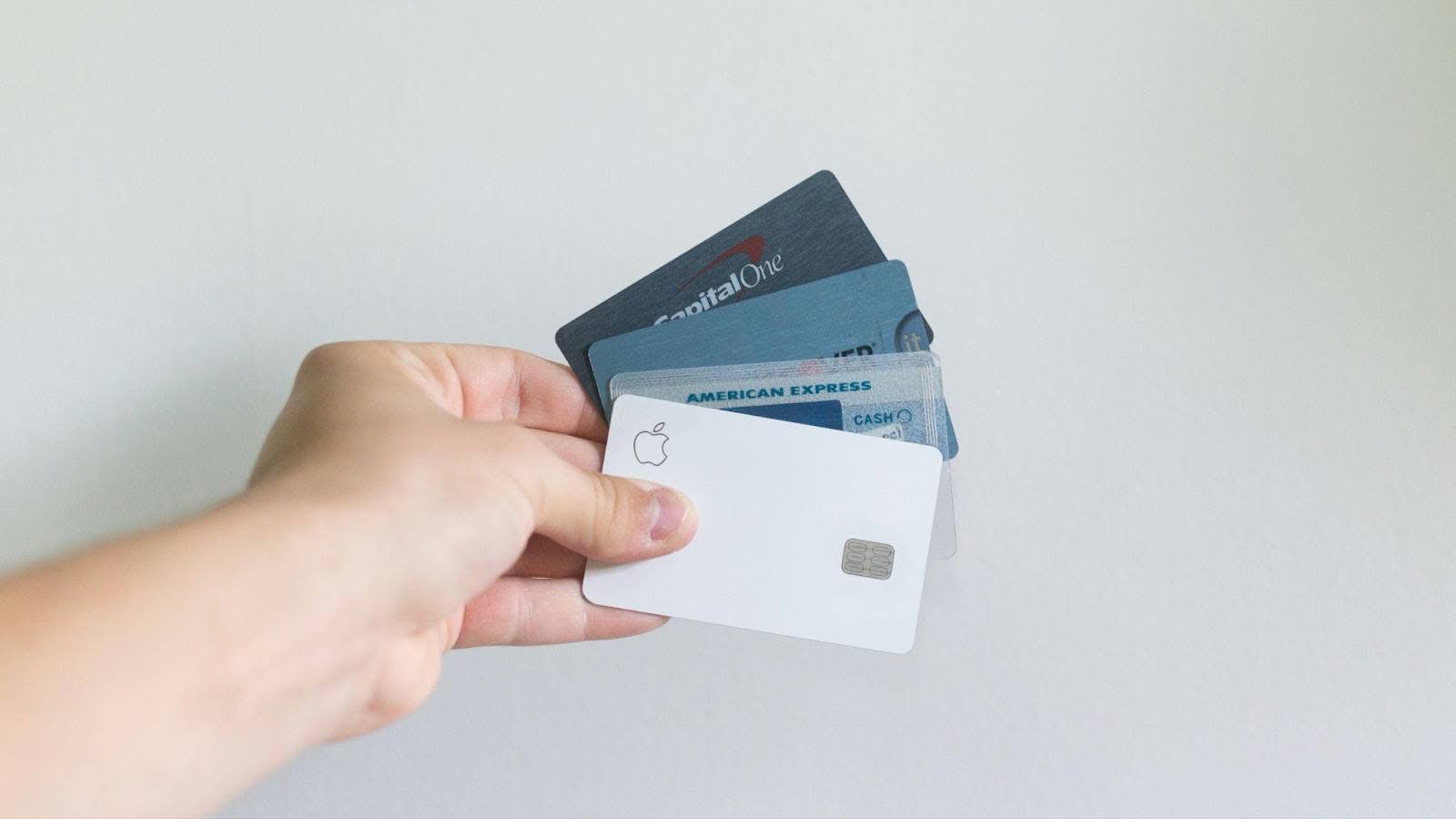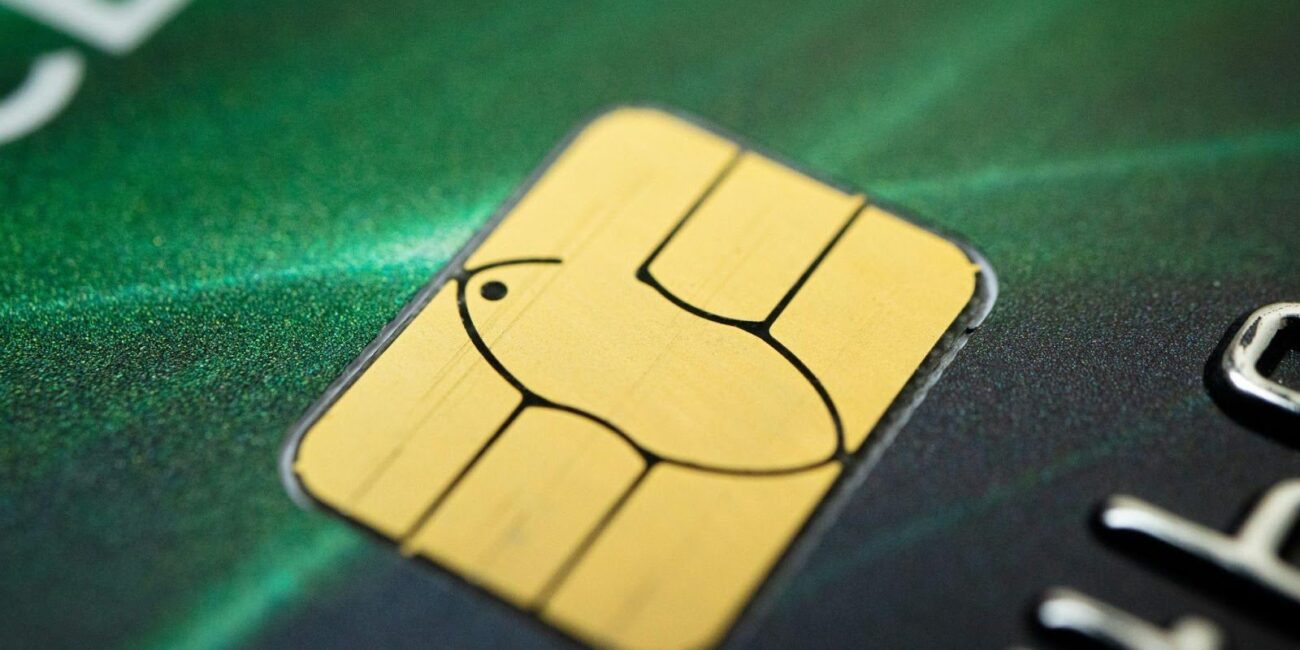Secure payment card systems for property management firms are essential to protect against fraud, comply with regulations, and maintain tenant trust. This article highlights top secure payment card systems for property management firms, their key features, and implementation best practices. Discover how to enhance your firm’s payment security and streamline operations.
Importance of Secure Payment Card Systems for Property Management Firms
For property management firms, securing payment processing systems is paramount. Protection against fraud and data leaks is essential for financial stability and the firm’s reputation. Adopting secure payment card systems helps companies comply with regulations like PCI DSS, shielding them from legal issues.
Secure payment systems also build and maintain tenant trust. Reliable payment processing reassures tenants about the safety of their payment information, fostering security and satisfaction. This leads to better tenant retention and loyalty, as happy tenants are long-term tenants.
Integrating advanced security measures reduces fraud incidents for property management firms. Implementing financial fraud prevention software enables real-time monitoring of suspicious transactions and protects sensitive tenant data. Fraudulent transactions can lead to significant financial and operational disruptions, making robust fraud detection vital for financial health.
The convenience of secure payment systems is also crucial. Property managers can manage rent payments more efficiently, focusing on other critical tasks. Secure systems streamline the process, making it easier for tenants to pay on time and enhancing overall customer satisfaction.
Key Components of Secure Payment Card Systems
Understanding the key components of secure payment card systems is vital for protecting payment information and ensuring smooth transactions. Core elements include secure payment gateways, PCI DSS compliance, and advanced tokenization and encryption techniques.
The payment processing journey starts when a customer submits payment information, typically through a Point of Sale (POS) system. This involves procedures like authorization, verification, and settlement, all critical for secure transactions. The acquiring bank sets up merchant accounts and processes debit transactions, while the issuing bank authorizes or declines them based on compliance checks, including various payment types.
Secure payment gateways, PCI DSS compliance, and the use of tokenization and encryption are indispensable. These elements create a secure environment for processing payments, protecting both property management firms and their tenants from security threats.
Secure Payment Gateways
Secure payment gateways are the backbone of robust payment systems, facilitating secure transactions between property management firms and banks. They capture and encrypt payment information, managing communication and handling technical aspects like validation and encryption.
When a tenant submits their payment information, the process involves:
- The payment gateway capturing and encrypting the payment information.
- Payment processors validating the encrypted data to confirm its legitimacy.
- Accepting payments and completing the transaction after validation and ensuring payment reconciliation.
This process prevents unauthorized access and fraud, ensuring a secure and seamless payment experience.
PCI DSS Compliance
PCI DSS compliance is a cornerstone of secure payment processing, designed to protect cardholder data and establish a secure environment for businesses handling credit card transactions. Implementation involves strict access controls to safeguard payment information from unauthorized access.
Adhering to these rules is crucial for property management firms to maintain the integrity and security of their payment systems and properties.
Tokenization and Encryption
Tokenization and encryption are advanced security measures that protect payment data. Tokenization involves:
- Replacing sensitive payment data with unique tokens
- Ensuring the actual data is not stored or transmitted during transactions
- Significantly reducing exposure risks
Encryption scrambles payment data, making it unreadable without the correct decryption key. Together, these techniques enhance the security of embedded payments and safeguard tenant payment information.
Leading Payment Card Systems for Property Management Firms

Choosing the right payment card system is crucial for effective property management. Top systems like Stripe, Square, and PayPal stand out for their features, security measures, and ease of integration.
These systems offer:
- Robust reporting tools
- Flexible payment options
- Seamless integration with property management software
- Advanced risk management tools for efficient handling of payment-related risks.
Whether you are a property manager, property owner, or landlords, these systems cater to various needs, ensuring smooth and secure payment processing of money.
Stripe
Stripe is known for its accessible and powerful payment platforms. Key features include:
- A starting fee of 2.9% plus $0.30 for domestic card payments, making it cost-effective for property management firms.
- Advanced security features that protect transactions.
- Ensures trust from both property managers and tenants.
Stripe seamlessly integrates with various accounting software, simplifying financial management for property managers. Its robust platform offers recurring payments, embedded payments, and fraud detection tools, making it a comprehensive solution for managing rent payments and other transactions.
Square
Square offers an integrated point-of-sale solution that simplifies transaction processes for property management firms. Its user-friendly platform makes it easy for property managers to handle payments efficiently.
Square’s comprehensive services include point-of-sale systems, invoices, and ACH transfers, all crucial for managing rent payments and other financial transactions related to an account.
PayPal
PayPal is a widely used payment processor known for its flexible payment options, making it ideal for property owners and beginners who may not be tech-savvy. Standard card payments with PayPal incur a competitive fee of 2.99% plus $0.49.
Its straightforward interface and user-friendly design make it a preferred payment method for many property management firms.
For firms exploring alternative card systems with cashback and reward benefits, the HSBC Revolution Card is another viable tool for managing expenses and operational purchases, especially when integrated with modern payment systems for automated processing.
Benefits of Using Secure Payment Card Systems
The advantages of secure payment card systems is manifold. They typically allow for rapid fund processing, improving cash flow for property owners. This ensures funds are available quickly, aiding in better financial management.
Adopting secure payment solutions streamlines operations and enhances customer trust. Secure systems with robust fraud detection tools identify and prevent unauthorized activities, protecting the firm’s finances and boosting tenant confidence, leading to increased loyalty and better tenant retention.
Lastly, secure online payment systems significantly enhance tenant satisfaction by providing a convenient and safe method for rent payments. With growing concerns about data breaches and identity theft, having a reliable and secure system can set property management firms apart from competitors.
Ideal Practices for Implementing Secure Payment Card Systems
Implementing secure payment card systems requires adherence to best practices for maximum security and efficiency. Regular security audits, employee training, and multi-factor authentication are crucial components of a robust security strategy.
Regular security audits identify vulnerabilities within payment systems, ensuring they meet security standards and remain compliant with regulations. Training employees to handle payment data securely and recognize phishing attempts minimizes the risk of data breaches.
Incorporating multi-factor authentication adds an extra layer of security by requiring multiple forms of verify from users before granting access.
Regular Security Audits
Conducting regular security audits identifies vulnerabilities and ensures that payment card systems meet security standards. These audits highlight areas needing improvement and help maintain compliance with security regulations.
Implementing these best practices significantly enhances the security of payment systems for property management firms.
Employee Training
Regular employee training on secure payment processes minimizes the risk of data breaches. Employees should recognize phishing attempts and handle payment data securely, ensuring the entire team is aware of potential security threats and how to mitigate them.
Just as facilities are required to adhere to health and safety protocols such as asbestos management plan requirements, digital payment security also requires ongoing training and clear policy adherence to protect sensitive data and ensure compliance with relevant regulations.
Multi-Factor Authentication
Multi-factor authentication adds an extra layer of security to payment processes by requiring multiple forms of verification before granting access. This typically involves something the user knows (like a password), something the user has (like a mobile device), or something the user is (like a fingerprint).
The benefits of multi-factor authentication include a significant reduction in unauthorized access and increased tenant confidence in the system’s security, providing a clear benefit to users.
Case Studies: Successful Implementation of Secure Payment Card Systems
Real-world examples highlight the effectiveness of secure payment systems. Associated Asset Management successfully implemented a secure payment card system, enhancing payment processing efficiency for both tenants and property management teams. This seamless integration provided valuable insights into the importance of regular security audits and employee training.
Lessons include the necessity of choosing a system that offers seamless integrations with existing company support manage platforms and the value of ongoing security measures that customers can expect to save time in less time for business in the industry.
These case studies demonstrate the tangible benefits of secure payment systems in real-world scenarios.
Firms like those handling property management in South Auckland have also benefited from secure card systems, enabling them to streamline rent collection while meeting local compliance requirements and boosting tenant satisfaction.
Common Challenges and Solutions in Secure Payment Processing
Secure payment processing comes with challenges. Data breaches and fraud are common issues for property management firms. However, secure payment solutions significantly lower these risks by using encryption and tokenization, making intercepted payment information unusable.
Fraud detection tools identify and flag suspicious transaction activities, minimizing chargebacks and unauthorized transactions. Integrating advanced machine learning algorithms further enhances the accuracy of these systems, providing an additional layer of security.
Summary
In summary, secure payment card systems are indispensable for property management firms. They protect against fraud, ensure compliance with regulations, and build trust with tenants. Key components like secure payment gateways, PCI DSS compliance, and tokenization and encryption are vital for effective payment processing.
Implementing these systems involves best practices such as regular security audits, employee training, and multi-factor authentication. Real-world case studies demonstrate the success and importance of these systems. By addressing common challenges with advanced solutions, property management firms can enhance the security and efficiency of their payment processes, ensuring a secure and trustworthy environment for their tenants.



